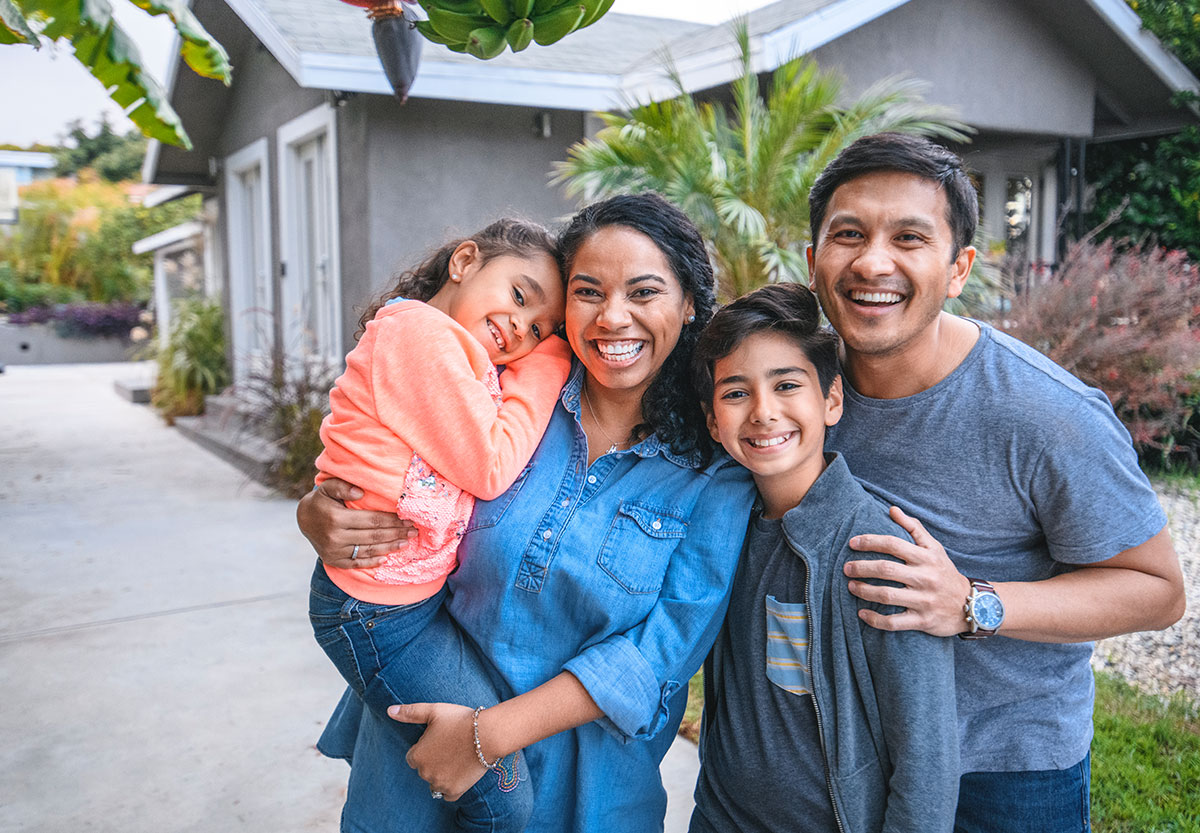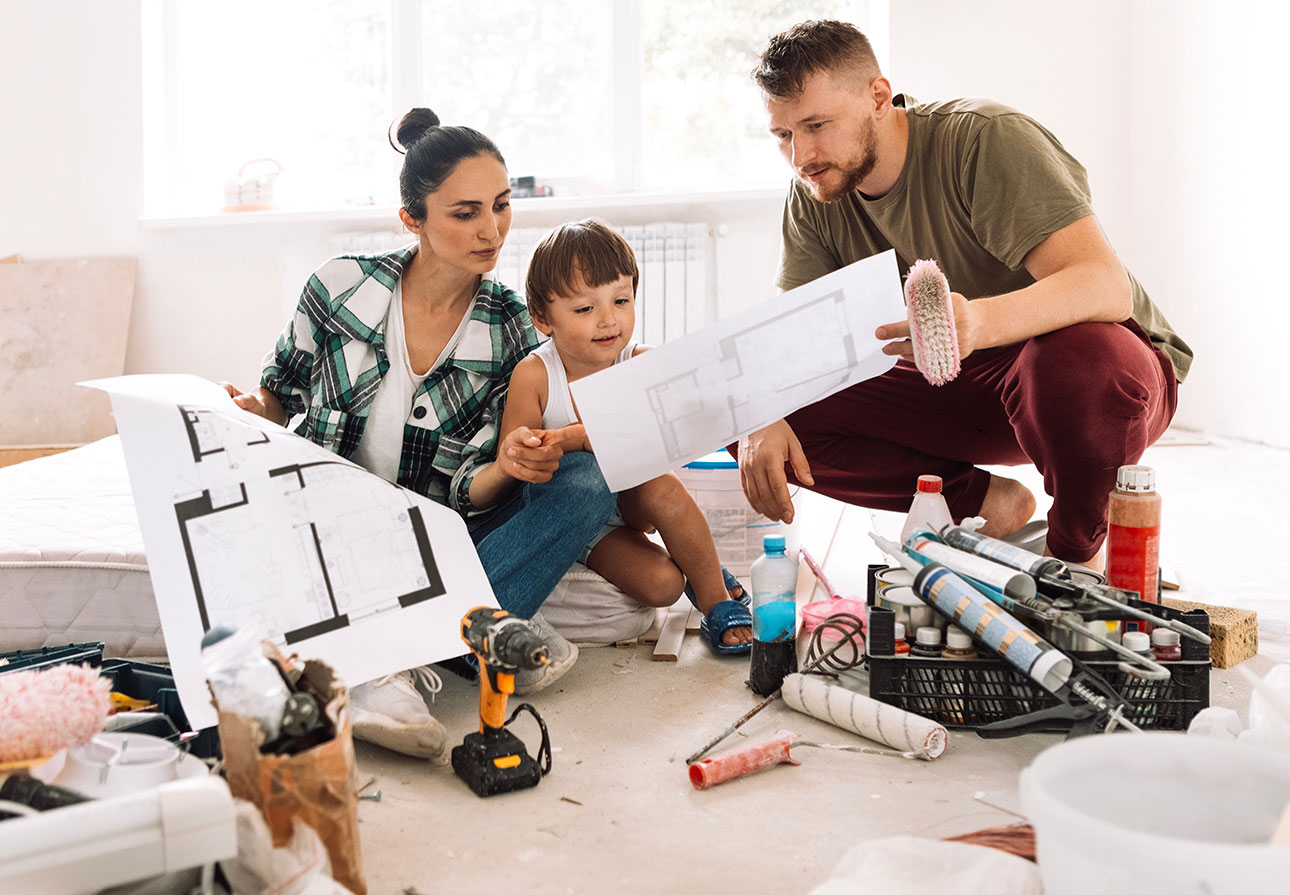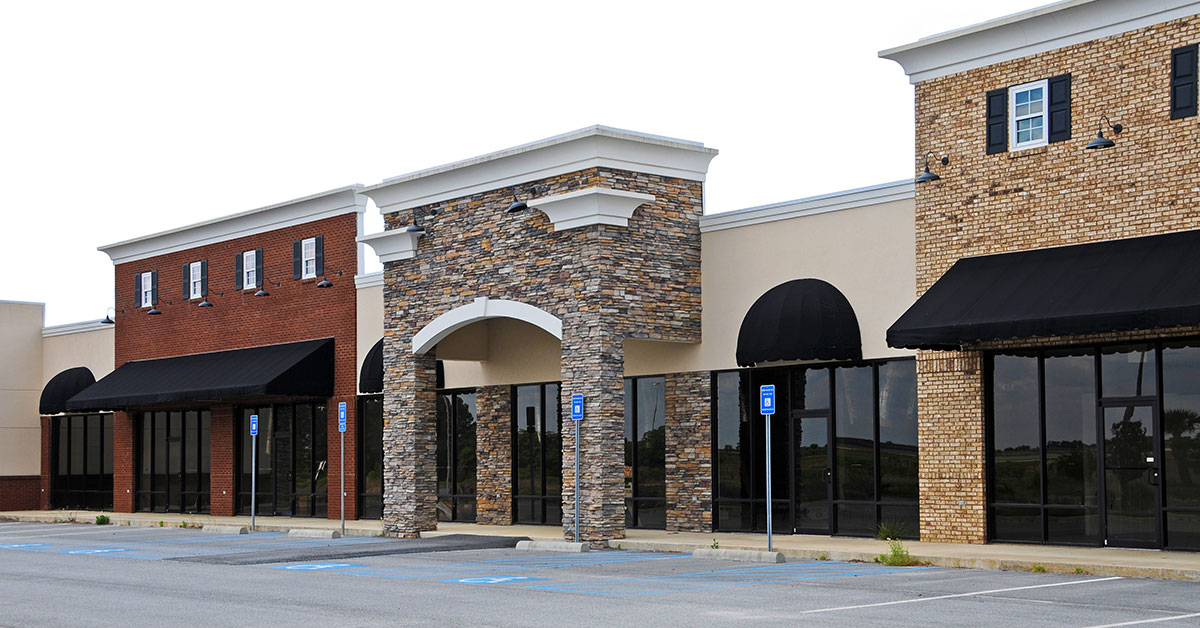
Guide to Buying Your First House in Jacksonville
Buying your first home is a big step. From credit scores to researching neighborhoods, there’s a lot to think about. The best thing you can do is know what to expect and how to prepare so you can move forward with confidence.
Assess Your Financial Situation
Start by checking your credit score. Aim for at least 620 if applying for a conventional loan, this is typically the minimum lenders accept. Higher scores (700+) will help you secure better rates and loan terms. A lower score doesn't automatically disqualify you, but it can result in higher costs or stricter loan conditions like larger down payments or higher interest rates. Ask your lender about the best loan option for you.
In addition to a higher credit score, lenders want to see an established credit history. A mix of installment and revolving credit going back 2 years is preferred. Less than 2 years of history can be seen as insufficient when determining the borrower’s ability to pay back the loan. Rent payments can also be beneficial.
Putting Together a Budget
Create a clear budget with these factors:
- Down Payment: Expect to put down at least 3% of the purchase price. (If you are looking to buy your first home, there are programs that don’t require a down payment, such as first-time homebuyer mortgages. Link to our FTHB mortgage.
- Closing Costs: Typically, 2-5%, though some credit unions offer mortgage specials with no closing costs.
- Monthly Payments: This includes your principal, interest, property taxes, and homeowner’s insurance.
Getting pre-approved is essential, it defines your maximum loan amount, helping you set a budget, and sellers take offers from pre-approved bidders more seriously.
Research the Housing Market in Jacksonville
Home prices in Northeast Florida, particularly St. Johns County, are rising quickly. Research different neighborhoods according to your budget. Be mindful of flood zones, property taxes, and insurance costs, which vary by area.
Working with a Real Estate Agent
A real estate agent helps you:
- Research neighborhoods
- Submit competitive offers
- Interpret home inspections
- Negotiate repairs
Here are a few things to know when selecting an agent. In March 2024, changes to the commission rules state you must sign an agreement with your real estate agent upfront, clearly outlining their compensation and responsibilities. Be sure to review any terms carefully before signing any agreement.
When picking an agent, choose one that’s familiar with the area and market trends. Some agents specialize in helping first-time home buyers and the various programs that exist for those who qualify as a first-time homebuyer.
Finding the Right Home for You
Make a list categorizing your housing needs and wants:
- Needs:Critical features (e.g., number of bedrooms, living space).
- Important: Useful features (e.g., yard size).
- Nice-to-haves: Preferences (e.g., exterior type like brick or stucco).
Having this list can help the agent narrow down what communities are worth looking at and what homes to consider.
Attend open houses and private showings your agent will need to schedule for you. Have your agent with you when you walk through the house so they give you insights on the home and the neighborhood. Always inspect critical elements like roofs and HVAC systems. Consider long-term factors such as neighborhood growth, school districts, and commute times.
Making an Offer
Your agent will guide you through creating a strong offer, considering home conditions and recent comparable sales. Bidding wars are common, so consider making your offer stand out with a unique figure—like $350,600 instead of $350,000.
An escalation clause can help, allowing you to automatically outbid competitors by a set amount up to a predefined limit. Bids can often come down to you only paying $1 more than the next best offer. Discuss what potential scenarios could happen with your agent.
Don’t get discouraged if you don’t win a bid. With the more competitive markets, you may make several attempts before finally winning one.
Schedule Home Inspection & Appraisal
Hire a licensed inspector (usually costs a few hundred dollars) to identify potential issues. You can negotiate repairs or credits if significant problems arise. Your lender will order an appraisal to verify the home's value.
Securing the Financing
After your offer is accepted, finalize your loan documents. Consider locking in your interest rate with your lender for 30-90 days. Review loan terms carefully before closing.
Closing on the Home
Do a final walkthrough of the home to confirm all agreed repairs are complete. Bring all required documents and funds to the closing. After the signing, you'll receive the keys to your new home.
Securing a Pre-Approval
At Community First Credit Union, we offer rapid pre-approvals (subject to credit approval) and quick closings to make your home-buying journey effortless and stress-free. Be sure to check our current mortgage rates and offers which can include no closing costs. View our first-time home buyer mortgages for more details.
More First-Time Homebuyer Tips
- Qualifying for First Time Homebuyer in Florida
- Types of Loans for First Time Home Buyers
- What is Intangible Tax?
- How to Qualify for a Florida Mortgage
- 5 Common Mistakes of Home Buyers









